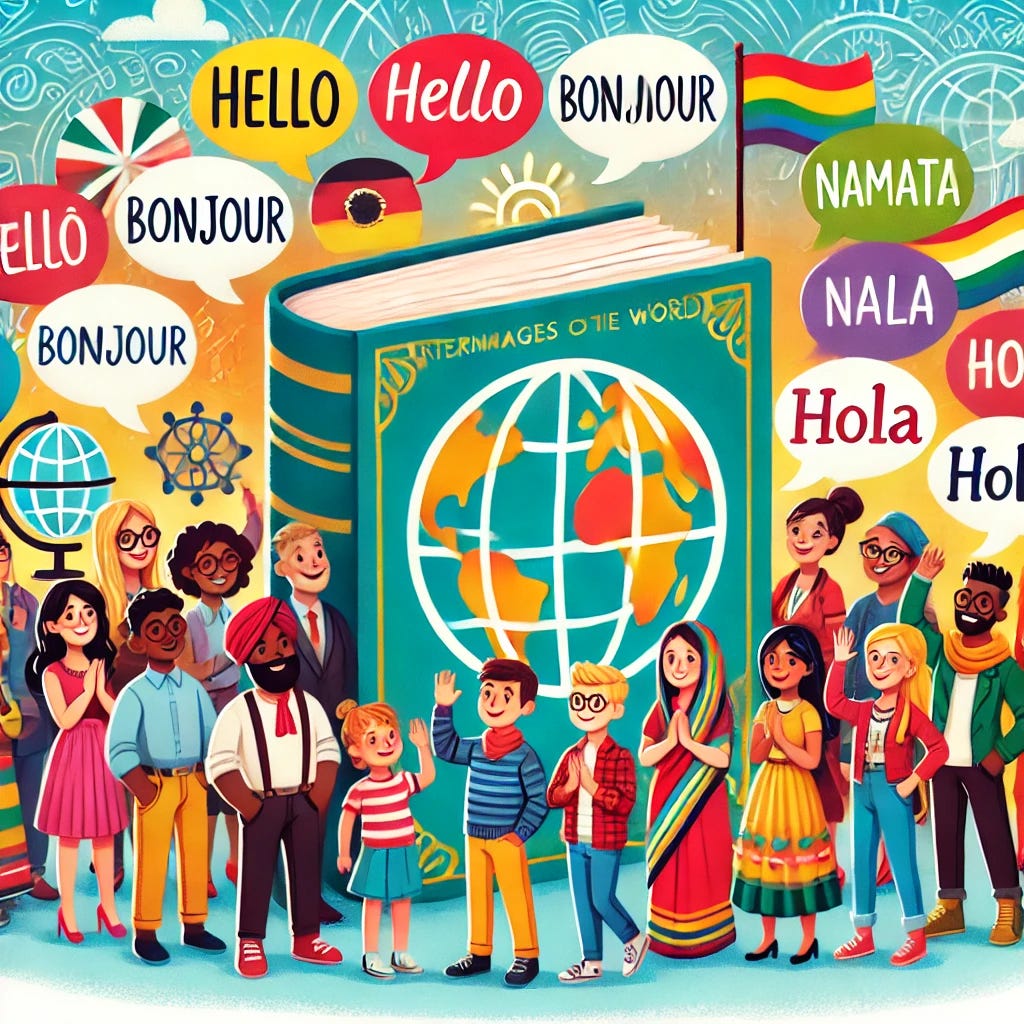Celebrating International Mother Tongue Day
A Tribute to Linguistic Diversity
Every year on February 21st, the world comes together to celebrate International Mother Tongue Day, a day dedicated to promoting linguistic and cultural diversity and multilingualism. This observance, established by UNESCO in 1999, emphasizes the significance of preserving and nurturing our mother tongues—the very languages that shape our identities and connect us to our cultural heritage.
The Importance of Mother Tongues
Language is more than a means of communication; it’s a repository of history, culture, and knowledge. Each mother tongue represents a unique way of understanding and interacting with the world. Sadly, UNESCO reports that nearly 40% of the global population lacks access to education in a language they speak or understand. Furthermore, 43% of the world’s estimated 6,000 languages are endangered, making the preservation of mother tongues more critical than ever.
International Mother Tongue Day is a call to action to:
Promote education in native languages.
Encourage linguistic diversity.
Celebrate cultural traditions linked to various languages.
The Origin of International Mother Tongue Day
The day’s roots trace back to the Language Movement in Bangladesh. On February 21, 1952, several students sacrificed their lives while advocating for the recognition of their mother tongue, Bengali, as one of the national languages of Pakistan (then West Pakistan and East Pakistan, now Bangladesh). Their bravery and determination led to the eventual recognition of Bengali and highlighted the significance of linguistic rights.
In honor of their sacrifice, UNESCO declared February 21 as International Mother Tongue Day to promote the preservation of all languages globally.
Why Celebrate International Mother Tongue Day?
Preservation of Endangered Languages: With many languages disappearing, this day reminds us of the need to document, teach, and revitalize endangered tongues.
Cultural Identity: Language is integral to cultural identity. It connects people to their heritage and traditions.
Improved Education: Research shows that children learn better when taught in their mother tongue. Multilingual education enhances cognitive skills and fosters inclusivity.
Ways to Celebrate International Mother Tongue Day
Organize Language Events: Host storytelling sessions, poetry readings, or cultural performances in local languages.
Support Multilingual Education: Advocate for the inclusion of mother tongues in school curriculums.
Learn a New Language: Embrace linguistic diversity by exploring a new language or dialect.
Create Awareness: Share stories, quotes, and facts about linguistic diversity on social media using hashtags like #MotherTongueDay and #LinguisticDiversity.
Support Indigenous Languages: Partner with organizations working to preserve and promote indigenous languages.
A Look to the Future
Each year, International Mother Tongue Day has a specific theme. For instance, past themes have explored the role of technology in preserving languages or focused on indigenous languages. These themes underline the evolving challenges and opportunities in protecting linguistic heritage.
Celebrating International Mother Tongue Day is more than a commemoration; it’s a commitment to fostering unity, diversity, and understanding in a multilingual world. Let us honor our roots, celebrate our voices, and work together to ensure that every language continues to thrive for generations to come.


